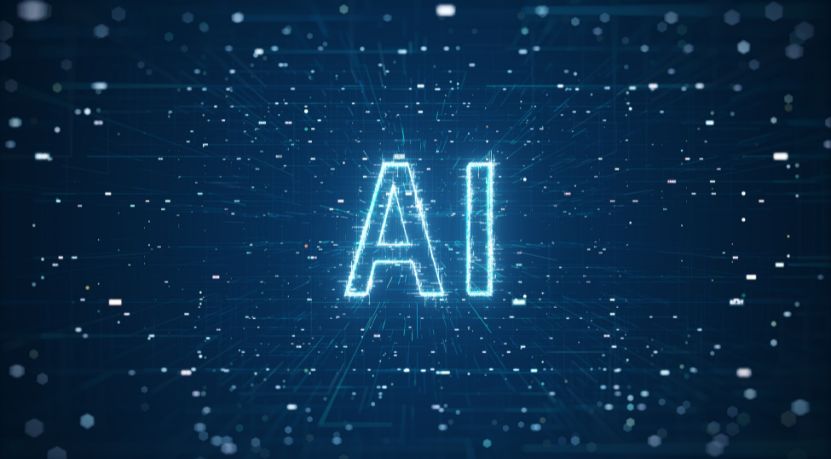
Artificial intelligence (AI) is playing a more and bigger role in daily life across a range of industries. Customized Helpers: Virtual assistants like Siri, Google Assistant, and Alexa employ artificial intelligence (AI) to understand and respond to questions that are posed in natural language. They help with tasks like setting reminders, answering questions, and controlling smart home gadgets. Systems that suggest content: AI algorithms enable the recommendation engines on websites like Netflix, Amazon, and YouTube. They consider your previous actions and preferences to suggest books, products, and media that you are likely to enjoy.
Healthcare: AI aids in the diagnosis of diseases, the interpretation of medical images (including X-rays and MRIs), and the prediction of patient outcomes. Catboats assist in making appointments and offering details on healthcare.
Finance: Algorithmic trading, fraud detection, and personalized financial coaching all make use of AI. Chabot’s and virtual assistants also help consumers with their questions in the banking and finance sector.
Transportation will become safer and more efficient thanks to AI-powered traffic control systems and self-driving cars. Ride-sharing companies utilize AI to optimize pricing and routes.
Social media: AI algorithms are used to select the material you see on social media platforms. Your news stream is filtered and curated based on your interests and involvement history.
E-commerce uses AI to automate supply chains, recommend products, and power catboats for customer assistance. Furthermore, it helps catch fraud in online transactions. Platforms using artificial intelligence (AI) in education provide tailored learning experiences and assess student performance.
Education: Artificial intelligence (AI)-driven platforms provide individualized learning experiences, assess student performance, and suggest specialized educational content.
Smart Homes: AI-enabled gadgets like smart thermostats and security cameras learn your habits and preferences to optimum energy use and enhance security.
Language communication is made easier, both verbally and in writing, thanks to AI-driven translation services. In the manufacturing industry, AI-powered robots and automation systems increase productivity and quality control.
Entertainment: Artificial intelligence (AI) is used to make video game characters and environments more realistic. It is also used to make art and music.
Agriculture: Crop monitoring, accurate farming, and effective use of resources like fertilizer and water are all made possible by AI in agriculture. Chabot’s and virtual assistants address frequent client inquiries and provide 24/7 support. Artificial intelligence (AI) algorithms analyze weather and geological data to forecast natural disasters like hurricanes, earthquakes, and floods.
Retail: AI-driven inventory management systems help merchants keep track of stock levels and project demand. Artificial intelligence (AI) programmes may create written works of fiction, works of fine art, and even original music.
Accessibility: AI-powered assistive technologies make it easier for people with disabilities to use technology and access digital content. In conclusion, AI has become an essential part of contemporary life, enhancing comfort, effectiveness, and personalization across a range of industries. Its role is projected to expand as technology advances, resulting in even greater changes to our daily experiences and activities.
-M Sathesh
Robotics Specialist




